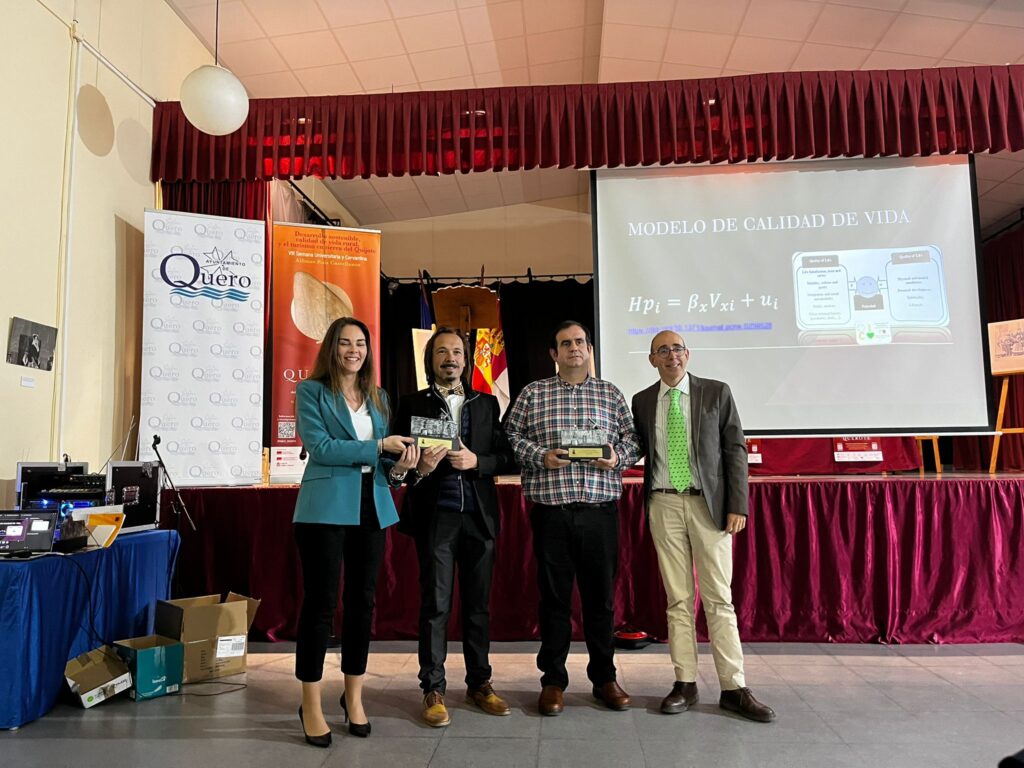Desde el Observatorio publicamos un nuevo trabajo que puedes tener completo desde el siguiente link:
Cite: Huete-Alcocer, N. ; López-Ruiz, V.-R. ; Alfaro-Navarro, J.L. and Nevado-Peña, D. The Role of Environmental, Economic, and Social Dimensions of Sustainability in the Quality of Life in Spain. Applied Research in Quality of Life, 2024 (Q1); https://doi.org/10.1007/s11482-024-10317-w

Abstract:
Environmental sustainability can positively affect quality of life by reducing environmental degradation and increasing access to natural resources, while economic sustainability initiatives can have both positive and negative impacts on quality of life, depending on the context. Social sustainability initiatives can also have both positive and negative impacts on quality of life, particularly for marginalized communities and low-income populations. The investigation draws on a comprehensive national survey in Spain encompassing 2,270 responses, ensuring representative profiles in terms of gender, residence, income, age, and economic sector. Considering the aforementioned factors, this research aims to underscore the necessity of recognizing the interconnections between sustainability and quality of life in policy and decision-making processes towards social happiness. To achieve this, an analysis of variance is presented, enabling the examination of significant differences in the sociodemographic characteristics of Spanish citizens across the three dimensions defining sustainability. Specifically, income, age and population size are key in determining the relationship between sustainability and social happiness. Furthermore, an econometric analysis has demonstrated a positive relationship between sustainability and quality of life in Spain. The key factors are safety, trust, income, and accessibility. The findings of this study can provide valuable insights to inform policy decisions aimed at promoting sustainability and enhancing the overall quality of life. The interlinked integration of smart cities and smart rural areas constitutes the quality of life zone that influences sustainability.
